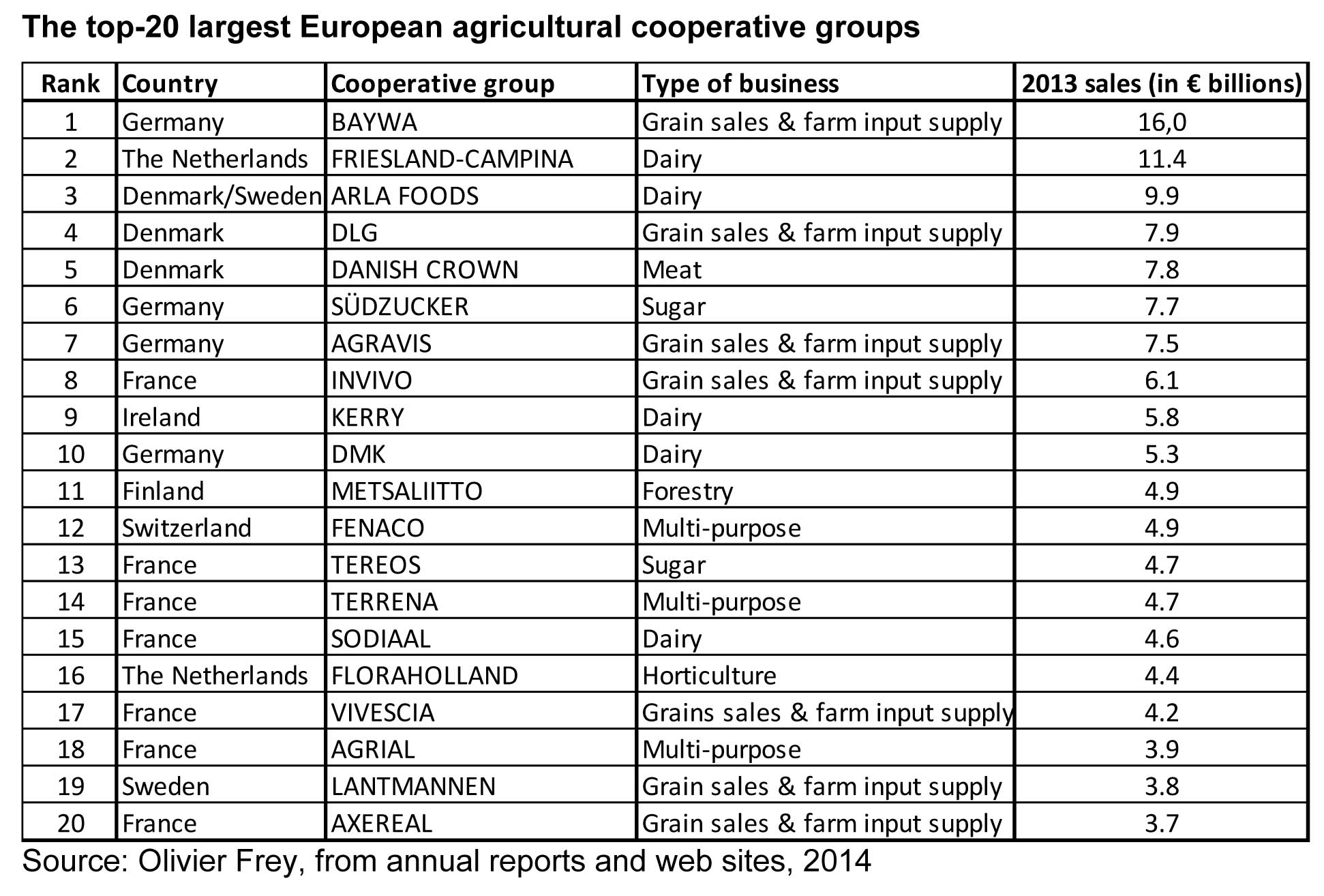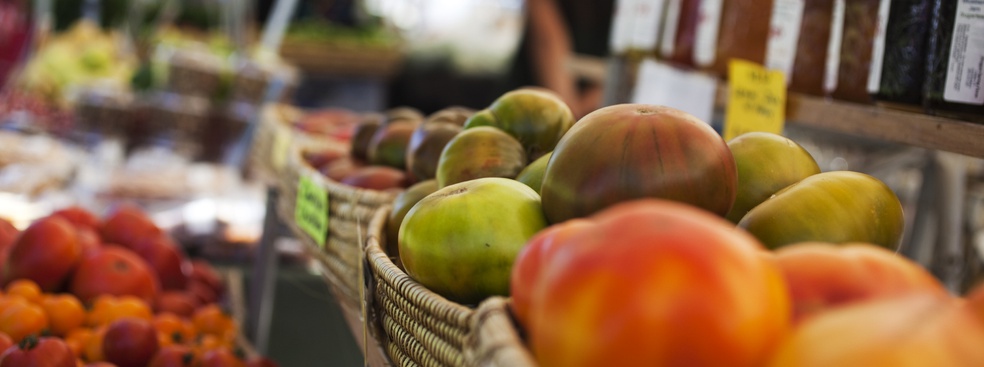Over the past 15 years, French agricultural cooperatives have taken 7 market share points from corporations. We’re talking about 2,500 agricultural cooperatives, unions and their subsidiaries, which supply € 85 billion worth of produce each year and employ some 160,000 workers. Together, agricultural cooperatives are responsible for processing 40% of French agricultural production. And in so doing, they are responsible for job creation across the country.
Clearly, agricultural co-ops have enormous potential, both for their members and for businesses in rural areas. However, to continue to grow, they’ll need to overcome several hurdles in the coming years. To overcome these challenges, agricultural co-ops should:
- Maintain their unique fiscal status. Co-ops should be subject to appropriate taxation as a counterpart of specific constraints such as business exclusivity with their co-op members.
- Implicate their members in the development of the cooperative project. Members who are trained and implicated in the decision-making process will be better equipped to deal with evolving economic and social realities.
- Have clear economic and social goals. It’s essentialthat all cooperative stakeholders - members, employees, industrial and commercial partners, external funders, local authorities and consumers - understand these goals and modes of governance.
- Respond to market demands. The real needs of suppliers and consumers are the basis for economic development for commodities, ingredients and fast-moving consumer goods.
- Maintain proximity with members. Even if economies of scale require a centralized organization, cooperatives should continue to offer local services.
- Have a clear strategy for value creation. Beyond cost reduction and innovation, co-ops should also be able to respond to concerns regarding international development which could take business away from French producers.
- Improve bargaining power with corporate clients. After several mergers to be implemented on January 2015, 4 purchasing departments of French retailers will account for 89% of French brand sales in supermarkets. So, co-ops need to put their values forward and gather their food supply to go through them.
- Avoid conflicts of interest between coop members and external financial investors. Co-ops need to adopt a remuneration of agricultural product that does not depend on a political decision of cooperative members. It may help co-ops to arbitrate any conflict of interest related to the returns to agricultural products provided by co-op members, the returns to equity capital and co-op self-financing – by clearly outlining the potential for shared value creation.
- Financially support the development of cooperatives and their subsidiaries. This is to mobilize co-op members, private and public financial institutions and local authorities.
Good link between agricultural co-operatives and their members is fundamental. Co-op member is the engine of the co-op activity with equity capital and agricultural products it provides and through its involvement in the governance bodies. Every co-op member must understand the functioning of a co-operative, its challenges and potential.
There are 7 French co-ops are among the top-20 largest EU agricultural cooperative groups. They are growing quickly to achieve economies of scale and increase bargaining power. They are catching up with the top groups, in 50% of cases through mergers and acquisitions. French agricultural co-operatives are creating new structures that may be very complex with local or abroad industrial subsidiaries. Some structures may be difficult to manage for their members who may feel far from these major developments. They undertake new business activities in managing risks and taking up several challenges to create value for co-op members and all stakeholders in their economic environment!


